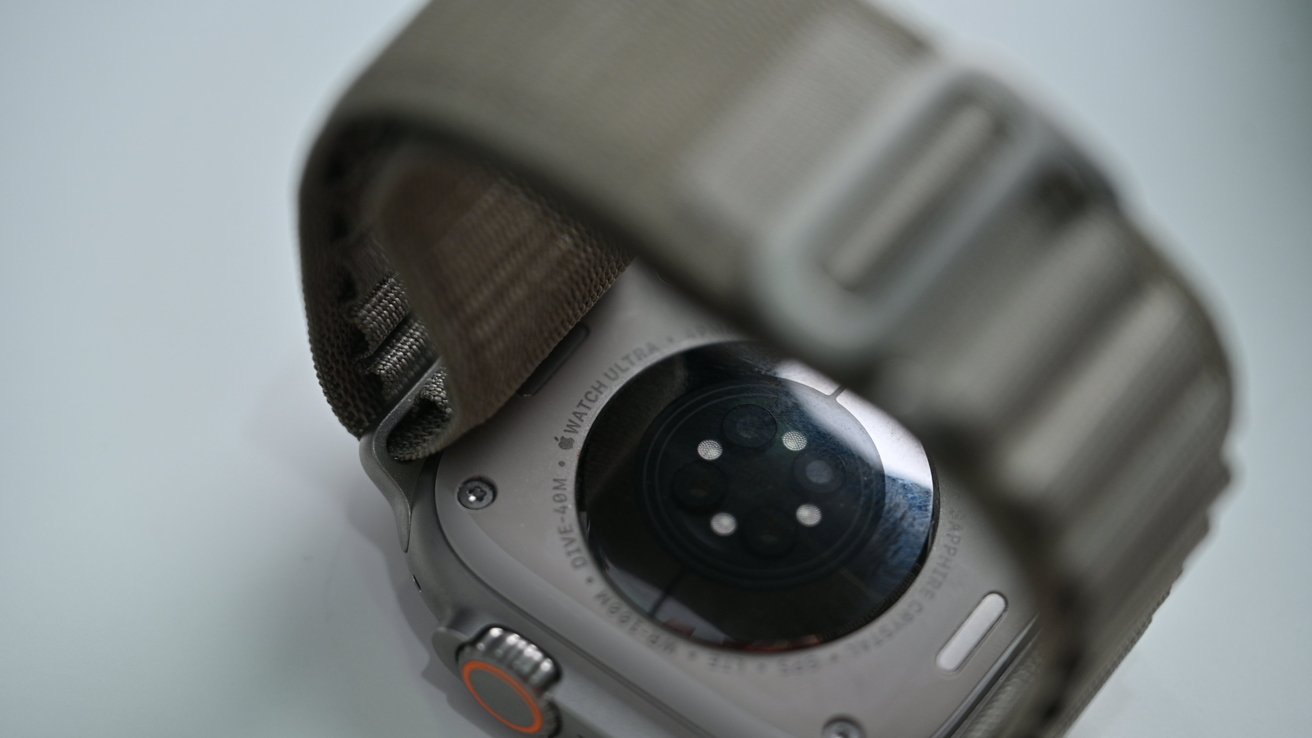White House is tracking Apple Watch ban with no sign of intervening
Those hoping the White House will step in and stop an impending Apple Watch ban may need to look elsewhere, as word from the administration offers almost no information.

Apple Watch Ultra 2
Apple doesn't have many options before the International Trade Commission's Apple Watch ban goes into effect on December 25. A software update could help avoid a ban or intervention from the White House, but the latter is increasingly unlikely.
According to a report from Bloomberg, the Biden administration is "tracking" the Apple Watch ban due to the Masimo patent dispute. While the President could stop a ban, the power to veto has been deferred to the US Trade Representative.
The White House Press Secretary Karine Jean-Pierre told reporters that the top US trade official Katherine Tai is "carefully considering all of the factors in this case." There is no indication if the White House intends to intervene or make any decision before the December 25 deadline.
Apple intends to appeal the Apple Watch import ban, which affects all models with the violating blood oxygen sensor first used in the Apple Watch Series 6. Since Apple only sells the latest models new, only the Apple Watch Series 9 and Apple Watch Ultra 2 are being removed from sale.
Third-party sellers with inventory of any Apple Watch can still sell them without limits. When that stock runs out, that's when US customers will be left with only used markets and the Apple Watch SE.
Apple intends to contest the ITC's decision as soon as the deadline for the White House intervention passes on December 25. There is a chance that the import ban could last through the lengthy appeals process well into 2024, but Masimo is also open to settlement.
Read on AppleInsider

Comments
This will probably go down to the wire on Christmas day, but that really doesn't say much about whether or not the White House will overrule the import ban or let it go into effect.
This counterintuitive sounding process is neither inherently good nor inherently bad and really depends on what side of the dispute you are on. For holders of legitimate patents who would ultimately be validated by the USPTO/PTAB the ITC’s expediency bias would protect them from further and ongoing damage while the USPTO process grinds through the courts. The ITC seems to feel that their “shoot first and ask questions later” mode of operation for the sake of expediency is justifiable because the presidential veto option is always available as a recourse. For whatever it’s worth, the ITC does seem to be consistent in siding with the plaintiff to get these cases moved off its plate as quickly as possible and letting the chips fall where they may. Larry the Cable Guy “get ‘er done” would approve of the ITC’s mode of operation.
This is a classic case of a remedy to one problem being put in place, but rather than solving the problem, the remedy also creates further problems. Is this a good thing or a bad thing? Like most questions in real life, the only honest answer is “it depends.”